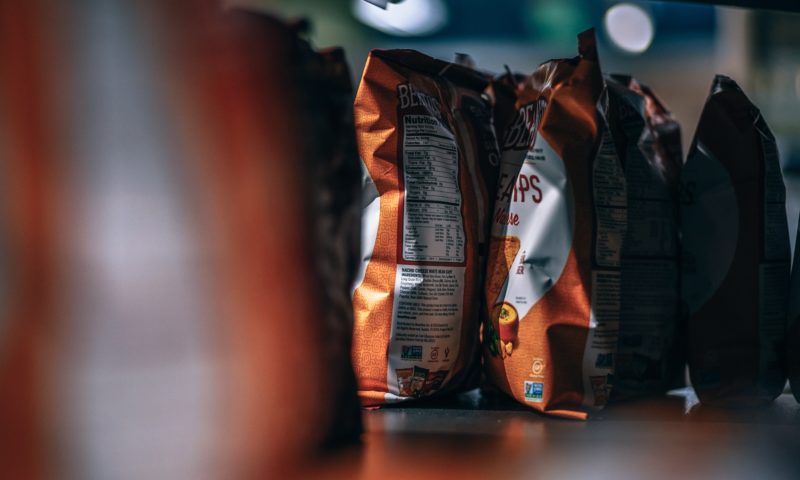If you hear someone talking about food addiction, they’re probably not referring to spinach or grilled chicken. Instead, it’s usually the highly-processed, extra palatable foods many of us find ourselves reaching for. But food addiction isn’t just a sudden craving — it’s a serious problem that, if left unaddressed, can perpetuate prolonged issues with weight and nutrition.
How Do We Get Addicted?
There’s definitely a science behind food and the pleasure center in our brains. For some, eating certain pleasure foods (think greasy, salty, sweet and often carb-heavy) releases a chemical in the brain called dopamine. When dopamine is released and circulated, it usually makes you happy and unlocks your brain’s pleasure center. The result is a “high” that you get from similar addictions such as alcohol, drugs, sex or gambling. It’s not simply a matter of willpower.
Food Addiction Symptoms
It’s common for people to confuse food addiction with an extreme liking toward food or certain dishes. And, despite what many think, it’s an addiction that isn’t always visible on the outside, although it can be. Here are a few common food addiction symptoms:
- Feelings of powerlessness around food
- Intention to, or failed attempts to, limit or quit
- Excessive time dedicated to finding food, eating it and recovering from it
- Eating food regardless of consequences
- Excess weight gain with no other related causes
Starting Tips for Managing and Overcoming Food Addiction
According to one study, more than five percent of the U.S. population may suffer from food addiction. It may not sound like a lot, but think of the hundreds of millions of people living in America. It’s a common problem, and if it’s one that affects you, you’re not alone.
First, attempt to seek help from a health professional who can help you tackle any underlying issues. This will usually be a counselor or psychologist, but some dieticians and other health providers may also be qualified to help in this area. Try these other tips:
- Think Small: Start with small, manageable changes to your diet or eating patterns.
- Eat Slowly: Your body needs time to alert your brain when it’s full.
- Get Moving: Exercise boosts your energy levels and releases powerful endorphins.
- Get Social: Connect with support groups or others facing similar challenges.
- Be a Savvy Consumer: Get to know the nutrition labels and facts on your foods.
- Set Boundaries: Have any “unsafe” foods? Don’t buy or them or put them away.
A Final Word of Advice
If you’re battling food addiction and simultaneously struggling against issues with weight, you’re probably familiar with the external biases and social stigma around obesity and overeating.
But know this — food addiction is not a character flaw. And just like issues surrounding weight, it’s complex without a simple solution. Your battle is valid but your journey is ongoing.
Food addiction also doesn’t go away overnight, and it’ll take some time to help you develop healthier behaviors. First, seek the help of a registered dietitian and/or licensed therapist that specialize in the area of disordered eating. And be easy on yourself, because you’re worth it.






